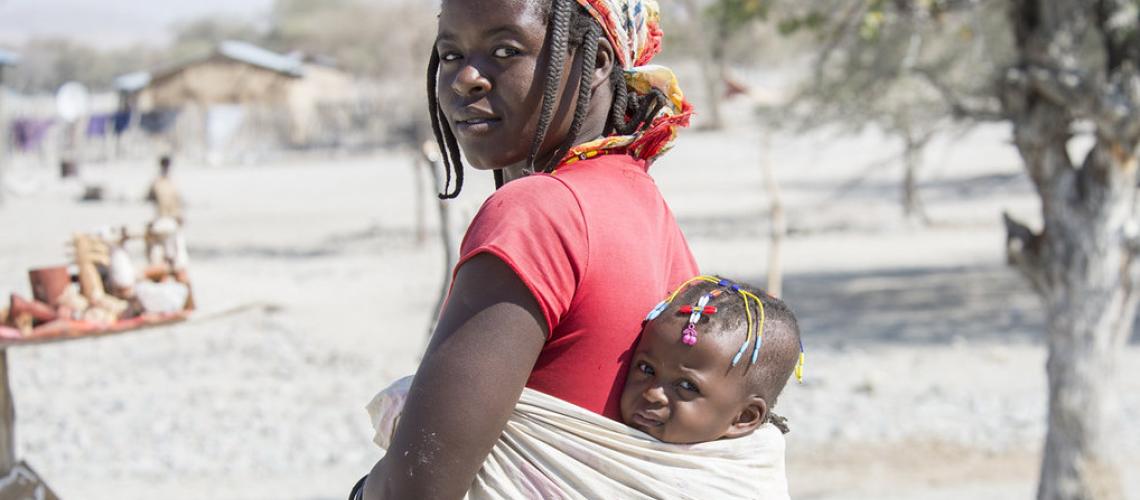
In September, the CADRI Programme Assurance Group (PAG) co-chairs successfully conducted the first CADRI impact study for Namibia, in line with the approved 2020 monitoring, evaluation and implementation plan, to assess the outcomes and impact of the CADRI Partnership's capacity building services at the national level.
The exercise involved semi-structured interviews with former and current regional coordinators, UN Country Teams, the National Red Cross and the Office of the Prime Minister on their overall assessment of the impact of the CADRI mission since the completed capacity diagnosis for disaster risk management in 2016.
Preliminary findings show that CADRI's capacity diagnosis was a great opportunity for Namibia as it provided comprehensive details on the country's disaster risk management in terms of risks, gaps, challenges and recommendations. The six key recommendations were well received and adopted by the Namibian government and informed the National DRM Framework and Action Plan.
All CADRI partner agencies that participated in the 2016 process agree that the CADRI mission was timely, well-coordinated and with the right level of participating experts and acknowledge that without government buy-in at the highest level (the Prime Minister and 6 ministers) the CADRI mission would not have been successful.
